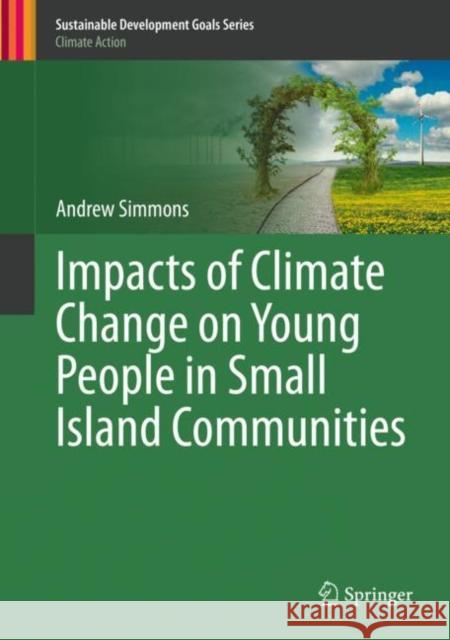Impacts of Climate Change on Young People in Small Island Communities » książka
topmenu
Impacts of Climate Change on Young People in Small Island Communities
ISBN-13: 9783030506568 / Angielski / Twarda / 2020 / 123 str.
Impacts of Climate Change on Young People in Small Island Communities
ISBN-13: 9783030506568 / Angielski / Twarda / 2020 / 123 str.
cena 402,53
(netto: 383,36 VAT: 5%)
Najniższa cena z 30 dni: 385,52
(netto: 383,36 VAT: 5%)
Najniższa cena z 30 dni: 385,52
Termin realizacji zamówienia:
ok. 16-18 dni roboczych.
ok. 16-18 dni roboczych.
Darmowa dostawa!
Kategorie:
Kategorie BISAC:
Wydawca:
Springer
Seria wydawnicza:
Język:
Angielski
ISBN-13:
9783030506568
Rok wydania:
2020
Wydanie:
2021
Numer serii:
000812045
Ilość stron:
123
Waga:
0.45 kg
Wymiary:
26.16 x 19.3 x 1.27
Oprawa:
Twarda
Wolumenów:
01











